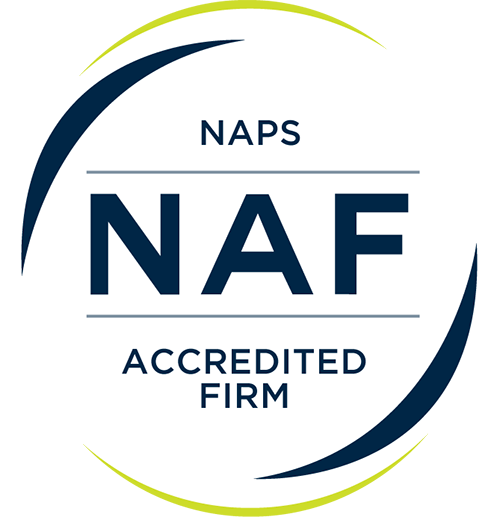Have you got a few short-term jobs in your work history? You’re not alone. Many of us have taken on temporary roles, contract work, or short projects at some point. Here’s how to include these jobs on your resume without making it look like you’re hopping around too much.
Be Selective
First, you don’t have to list every single job. Focus on the ones relevant to the position you’re applying for. If a short-term job adds valuable skills or experience, include it. If not, it’s okay to leave it out.
Group Similar Jobs
Group them together under one title if you’ve done several similar short-term roles. For example, “Freelance Graphic Designer, Various Clients, 2020–2021.” Then, list out key projects and achievements across these roles.
Highlight Achievements
Instead of just listing duties, focus on your accomplishments in each short-term role. Did you complete a significant project? Increase sales? Improve processes? Mention these achievements to show how you made an impact.
Use the Right Language
Words like “contract,” “temporary,” “seasonal,” or “project-based” can help clarify why your tenure was short. This way, employers understand the nature of your work and won’t assume you left your job prematurely.
Explain Gaps If Needed
If short-term jobs leave noticeable gaps in your resume, a brief explanation in your cover letter can help. For instance, you took a contract role while searching for the right full-time position or pursued short-term work to gain specific skills.
Focus on Skills
Make sure these are front and center, especially for roles that taught you valuable skills or allowed you to work in unique environments. This demonstrates your adaptability and eagerness to learn, which are attractive to employers.
Be Ready to Discuss
Prepare to talk about your short-term roles in interviews. Be honest about your reasons for short-term employment and what you learned from those experiences. This shows confidence and turns a potential negative into a positive.
Short-term jobs don’t have to be a resume red flag. Presented correctly, they can showcase your versatility, skills, and adaptability. Follow these tips to ensure your resume reflects your professional journey accurately and positively.
Every job experience can contribute to your growth and employability. Just learn how you frame or present it on your resume.
For more information and insider tips on creating the best resume and landing your dream job, drop Dan Simmons a message on LinkedIn or at dan@continentalsearch.com.
About the Author

Dan is currently focused on recruiting top talents such as nutritionists, technical support professionals, sales managers, and executive-level positions, including technical directors and VP of sales and marketing. For the latest job opportunities, you may connect with Dan on LinkedIn or email him at dan@continentalsearch.com.






